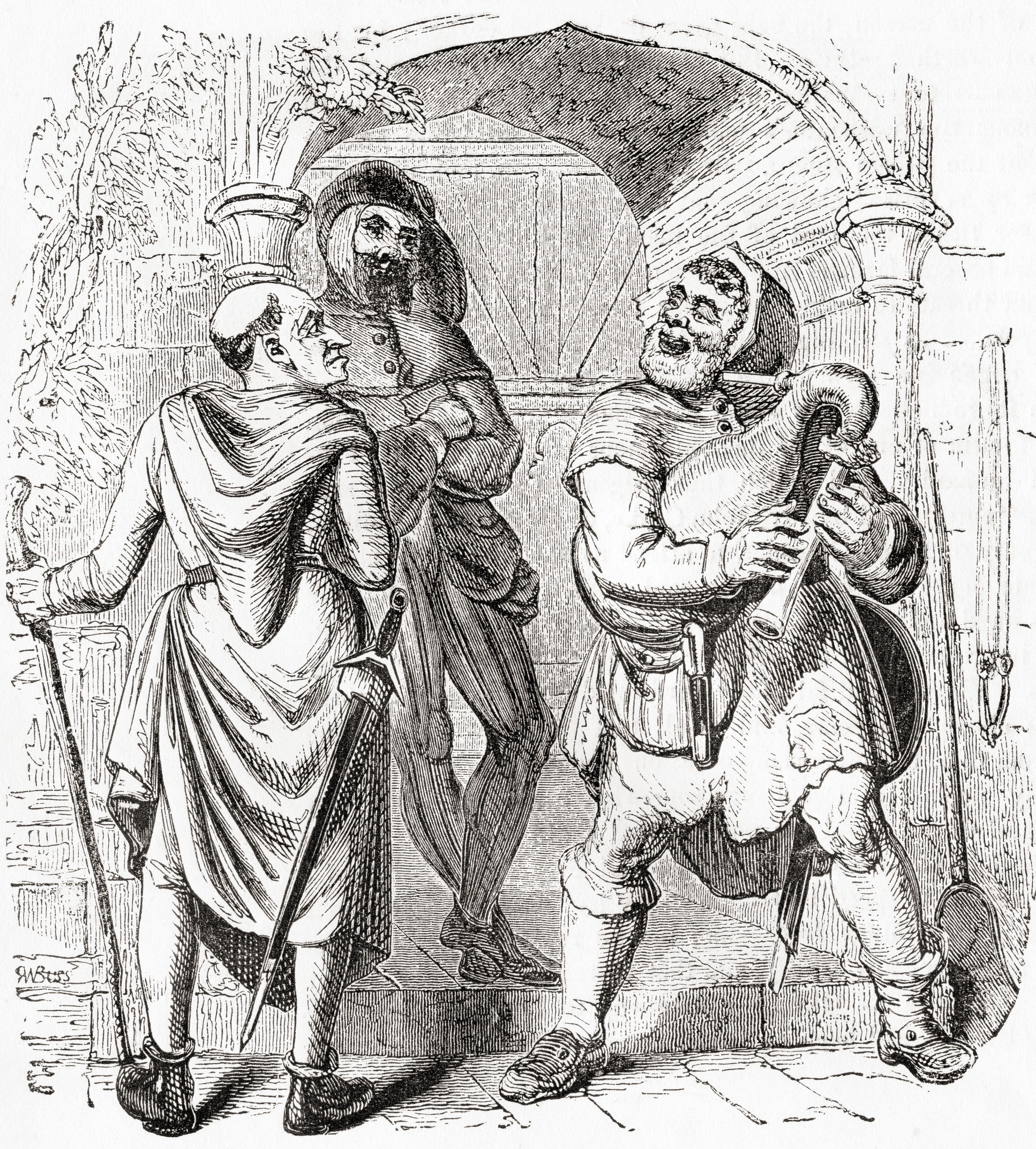The year is 1350 and Thomas the sheep herder is watching two valorous knights, Sir Lancelot and Sir Edward, face off and try to pummel one another with their jousting lances. The crowd is whipped up into a frenzy as the two men charge toward each other. During the violence and merriment, Thomas tries to catch young Isolde’s eye, and, after a brief moment, he’s confident she too looked his way — although after three days of copious drinking, the ale may have been playing tricks on him. Buoyed by this, and the fact that his friend, Æthelwold, just returned with yet another round of drinks, a sense of giddy wonderment overcomes Thomas.
He sits, trying to name the emotion, and it’s not because of the alcohol-induced stupor that he’s unsuccessful. It’s because unfortunately for Thomas, the emotion he is feeling does not yet exist in the English language. According to Merriam-Webster, the word “fun” was still unknown in the British Isles until the late 1600s.
Introduced after the Norman Conquest in the 11th century, the English were seemingly slow to the draw on the concept of fun. It took roughly 500 years for the word to firmly take root. Those French, what have they ever done for us?
Geoffrey Chaucer, known as the father of English literature, eschewed writing about the common topics of the day — religion, mythology, and romance — and revolutionized the French definition of fun by adding an Anglo twist — namely flatulence humor.
His Canterbury Tales, written between 1387 and 1400, altered the “way that fun was seen in England; it was no longer considered a stuffy diversion of the upper class, but instead was finally accessible to the average serf,” according to Merriam-Webster.
His bawdy writing was also the inspiration behind the invention of the whoopee cushion.
The word hit several setbacks throughout the centuries, namely with Henry VII, who, writes Merriam-Webster, considered fun a “Continental vice that had brought no good.”
His heir, Henry VIII, seemingly embraced the word in his court; you can’t wing your way through six marriage without it. But after the death of Henry’s second wife, Anne Boleyn, the spirit of fun was rather lacking around the court. A beheading tends to do that.
One can remember the fate of Henry VIII’s wives with the helpful rhyme, divorced, beheaded, died…divorced, beheaded, survived.
By William III’s reign in 1689, it was like playing whack-a-mole. Despite the best efforts by the humorless monarch to tamp down on it, fun just started to creep up. After surviving plagues, war, religious persecution, and countless royal intrigues, the people had spoken, thus firmly beginning the etymology of the word fun and all that comes with it.





